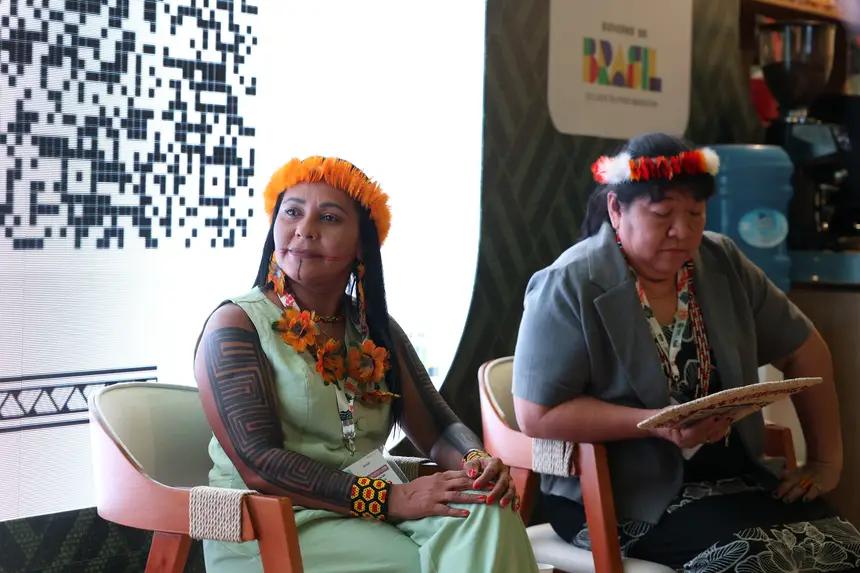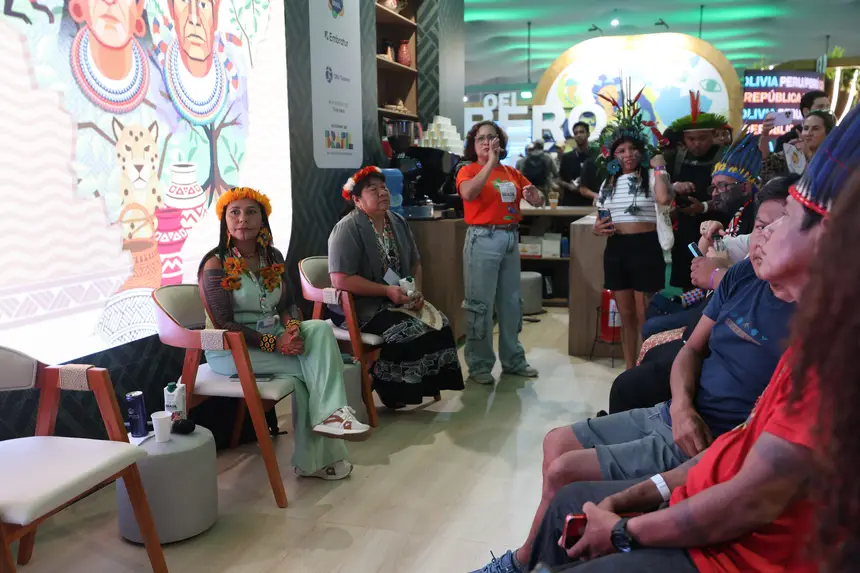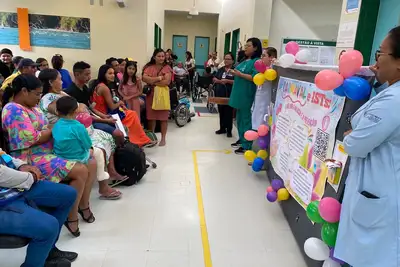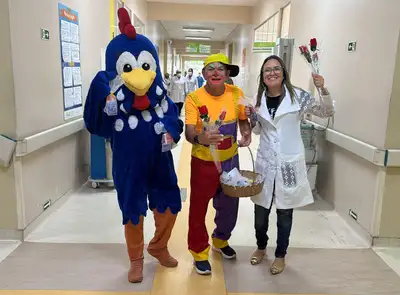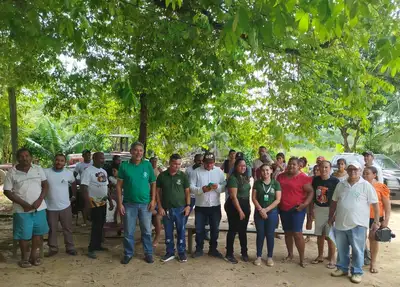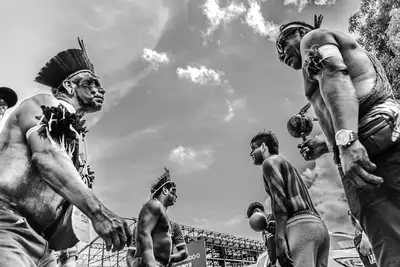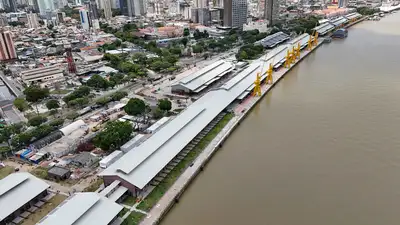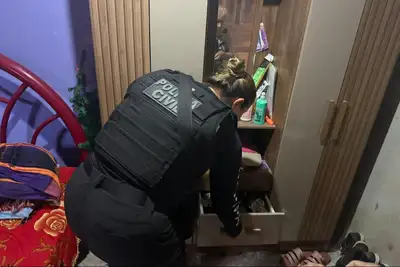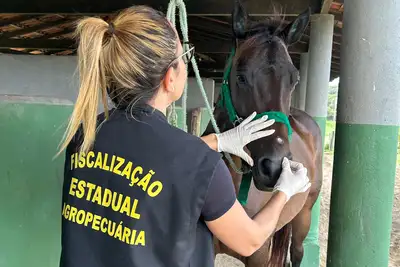The Government of Pará Joins the Federal Government to Strengthen Ethnotourism with Mapping of Indigenous Communities
The joint action aims to gather data, promote good practices, and consolidate a model of responsible and inclusive tourism throughout the national territory.
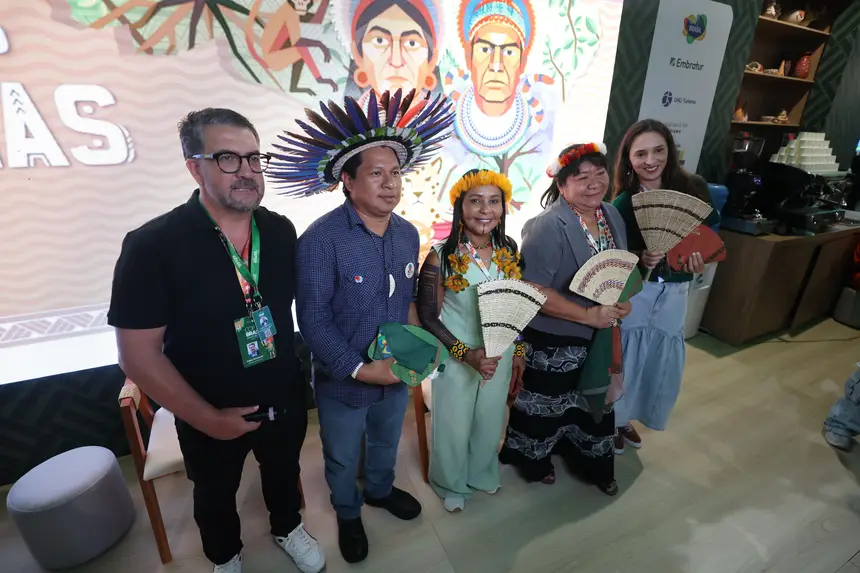
The Ministry of Tourism (MTur) is leading an unprecedented project to map indigenous communities involved in tourism across the national territory. This action is part of the "Brazil Responsible Tourism" Project and is the result of a technical cooperation between MTur, the Ministry of Indigenous Peoples (MPI), the National Foundation of Indigenous Peoples (Funai), and the Federal University of Rio Grande do Norte (UFRN). The initiative began in July 2024 and has the support of the government of Pará, through the State Secretariat for Indigenous Peoples (Sepi) and the State Secretariat for Tourism (Setur).
The goal is to identify and map indigenous communities that develop community-based tourism activities, recognizing and promoting sustainable good practices, always with the consent of the communities themselves. The survey also aims to support public policies aimed at cultural appreciation and strengthening the indigenous economy, based on responsible and inclusive tourism.
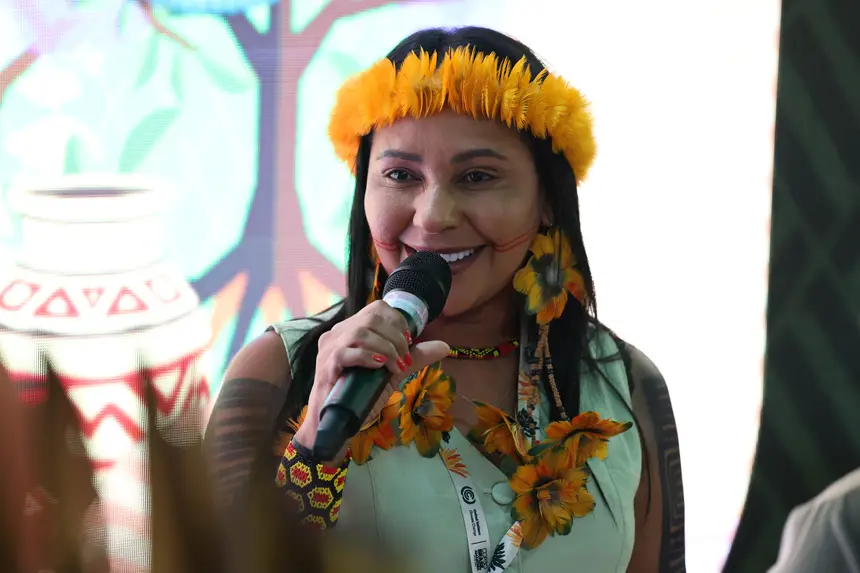
"This mapping is unprecedented and extremely necessary because we know that some communities are already doing this literally on their own, and today, the Ministry of Tourism, together with the Ministry of Indigenous Peoples and the presidency of Funai (National Foundation of Indigenous Peoples), has only come to strengthen it. My team and I are already thinking about how we will work with the indigenous lands here in Pará, in partnership, so that the State government, through the Secretary of Indigenous Peoples and the Secretary of Tourism, joins the Ministry of Tourism. This way, we can strengthen this work that is so perfect and wonderful, but also sustainable within indigenous lands. This helps not only to promote sustainable tourism but also to think about territorial protection policies,” highlighted the Secretary of State for Indigenous Peoples, Puyr Tembé.
According to the General Coordinator of Sustainable and Responsible Tourism at MTur, Carolina Fávero, the project fills a historical gap in the formulation of public policies for the sector.
“When we started working, especially focusing on indigenous communities and ethnotourism, we realized that we had no diagnosis to know where tourism existed and how it was being done. This lack of information made it difficult to create public policies that benefited indigenous peoples. The MPI (Ministry of Indigenous Peoples) did not have this knowledge, and Funai itself did not either. So, the mapping will serve as a basis even for academia, for travel agencies that want to develop actions and will already be able to identify where there are experiences. May it serve everyone, and may we be able to strengthen responsible tourism in these communities and bring all the benefits it can generate,” she emphasized.
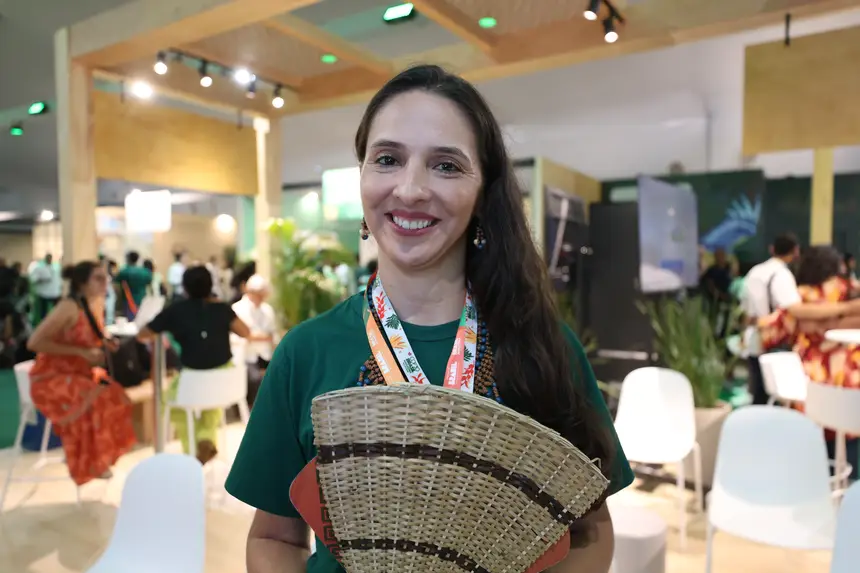
To facilitate the collection of information, an electronic form has been made available, open until October 31, 2024, aimed at indigenous communities, public and private organizations that have data on tourism activities involving indigenous peoples.
The action will allow for the gathering of detailed information about ongoing experiences, enabling a more precise diagnosis of the communities' needs and promoting the visibility of the tourism products created by them.
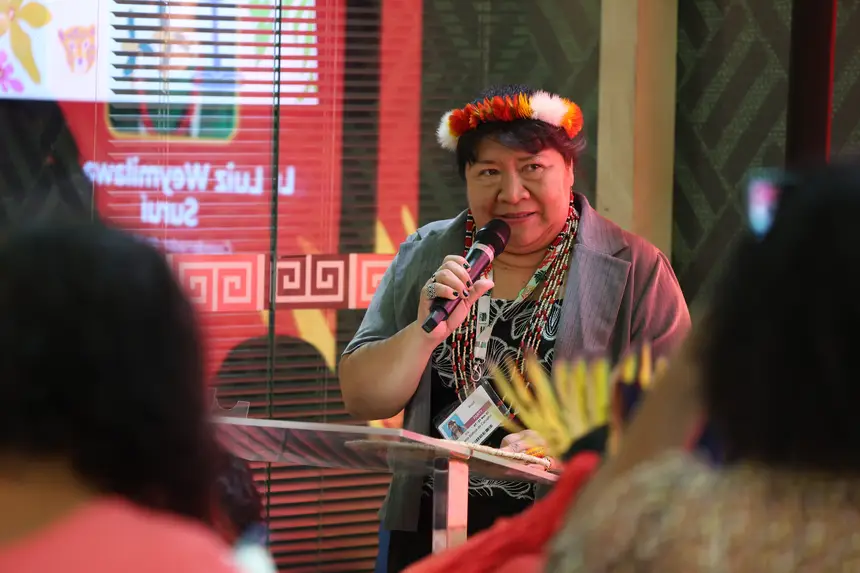
With the mapping, the Ministry of Tourism intends to expand the Brazilian Map of Responsible Tourism and strengthen a network of sustainable, inclusive, and culturally diverse tourism, respecting traditional knowledge, autonomy, and indigenous territories — with a special emphasis on the experiences being developed in Pará, one of the states with the greatest potential for ethnotourism in the Amazon.



